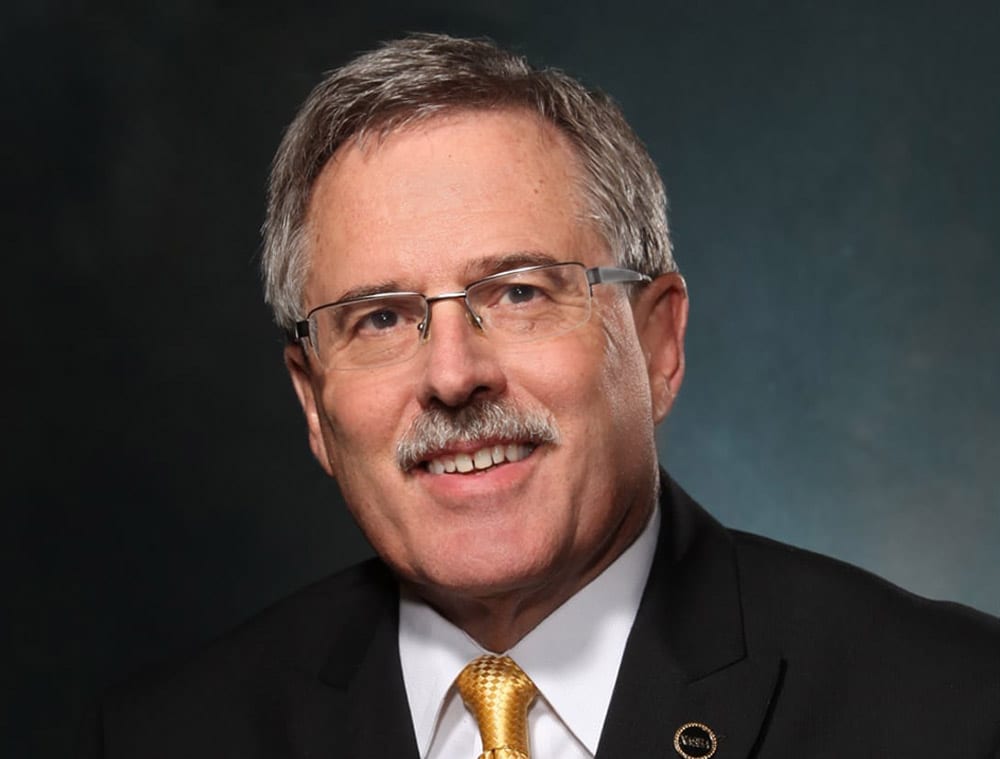South Carolina Ethics CPE
Regulation 1-08(A)(2) Each person to whom the CPE requirement applies shall complete forty (40) hours of acceptable CPE each calendar year as a condition of obtaining a renewal license.
(a) Not more than twenty (20%) percent (8 hours) of the required hours may be in personal development subjects. Personal development subjects that exceed twenty (20%) percent of the required hours shall not be available for carry-over credit.
(b) Not more than fifty (50%) percent (20 hours) of the required hours may be in self study programs. Self study credits are not available for carry-over credit.
(c) No more than ten (10) hours of CPE can be earned in a calendar day.
(d) When a meal is scheduled during the educational period, no credit will be allowed unless the schedule provides for fifty (50) minutes of instruction after completion of the meal.
(e) Of the required hours over a three (3) year period, six (6) of the hours must be in ethics, and at least two (2) of these hours must be in South Carolina Rules and Regulations.
All licensees must have six
(6) hours of qualified ethics CPE that includes two (2) hours in a SC Board of
Accountancy-approved South Carolina ethics course.
These six hours must have been earned from January 1, 2016, through December
31, 2018. The 2-hour ethics course can be taken only once in each 3-year cycle.
You can only count one 2-hour SC ethics course per 3-year period.
December 31, 2018, is the end of the 3 year reporting period for all licensees.
The next 3-year reporting period is from January 1, 2019, to December 31, 2021.
New South Carolina licensees (who have never been licensed in another state) will be exempt from the Ethics CPE during the three-year period in which they are licensed. This is due to the Ethics requirement to be licensed.
If you are a South Carolina licensee, but your principal place of business is outside of South Carolina, you may use the ethics course for that state - if that state requires an ethics course - to fulfill the South Carolina requirement. However, if a South Carolina CPA does not hold an active license in the state of his/her principal place of business, the CPA must comply with South Carolina's ethics requirement.
About the Instructor

Bio: Donald Burkett, CPA,
Executive VP, Burkett, Burkett & Burkett CPAs PA